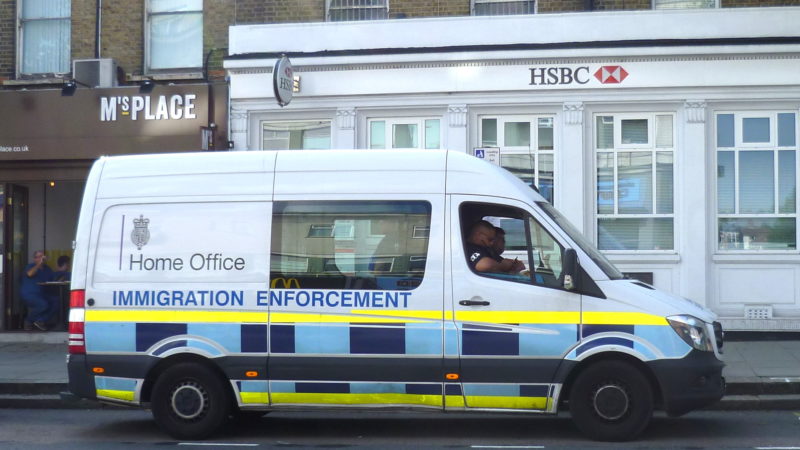There are a lot of questions still left to be answered for those on visas.

This is a strange time. Across the country, Britons are battening down the hatches in the hopes of waiting out the worst of the coronavirus pandemic.
Uncertainty, understandably, is a key facet to our way of life right now. We don’t know how long this will last, how bad it will get, or how to best prepare ourselves for it.
But for migrants living in or planning to travel to the UK, ‘uncertainty’ takes on a whole new meaning.
Despite the grounding of flights, restrictions and suspensions to businesses and educational facilities, and the general disruption to daily life that is being caused by the government’s advice to “stay at home”, there are still many blank areas when it comes to issuing guidance for non-British nationals who live in the UK.
Earlier this week, the government announced a partial extension on UK visas – which comes as a sigh of relief for many people who have spent the last few weeks caught between travel restrictions which have made it impossible to leave the country, and the danger of overstaying their visas.
According to the announcement, these people will now have their visa deadlines extended until 31st May.
“By extending people’s visas, we are giving people peace of mind… and also ensuring that those in vital services can continue their work,” Priti Patel said in response to the announcement.
But while this news is certainly a step in the right direction in terms of ensuring that migrant rights are not jepardised by COVID-19 provisions, many people with a valid form of leave to remain are still concerned about how social distancing and self-isolation measures will impact their ability to continue to meet the ongoing requirements and duties of their visas.
While the Home Office insist non-EU nationals here under work or study routes ‘[can] undertake their work or study from home’, many migrants affected will be unable to do so.
With schools and universities now closing or suspending teaching and exam schedules, international students who live in the UK with a Tier 4 visa have been left in the lurch. Unable to attend classes and complete the set amount of learning hours required for this visa category, they are worried about breaching their leave to stay in the UK.
The same can be said for people who live in the UK under any form of work visa. Those who hold a Tier 2 work visa are a prime example of this. This category is specifically for skilled, non-EEA workers, and in order to meet the ongoing duties a person must retain employment, continue to attend work, and receive a salary for this.
With all non-essential businesses being told to shut up shop for the foreseeable future, and many employees now unable to complete their daily tasks and responsibilities remotely, many working migrants are, again, caught between the prospect of being in breach of their visa and following the measures which have been introduced to delay the coronavirus spread.
For example, many Tier 2 migrant engineers who work for private, nonessential companies are unable to complete their tasks from home. This leaves them in a grey area. In the same way, many students also face the same uncertainties if they complete vocational degrees or courses. Similarly, younger students (such as those on Tier 4 child visas) have had their courses entirely suspended, as well as their exams.
Equally, migrants across the UK are finding themselves in a multitude of scenarios which are causing further uncertainties in terms of their legal status.
Those on spouse visas, for example, who have lost combined income as a result of job and business loss, are concerned about what will happen if they no longer meet the financial requirements to be eligible for this form of leave.
People with visit visas are worried they will be in breach of theirs if they do not complete all the tasks outlined in their application; many of which are now forbidden.
And those making settlement applications are worried that they will be unable to attend test centres to complete the necessary English language and Life in the UK tests required for their applications.
All these people are living life in a grey area right now; caught between meeting the COVID-19 procedures laid out by the Prime Minister on Monday night, and meeting the requirements which allow them to legally reside in the UK.
While this grey area can certainly be explained by the unprecedented nature of the situation we find ourselves in, it is imperative that more information and support be provided by UKVI for people who are in this state.
Migrants around the UK must be able to focus their attention on what is truly important – keeping themselves, their families, and the general public safe.
Luna Williams is the political correspondent for the Immigration Advice Service and editor of immigrationnews.co.uk
Left Foot Forward doesn't have the backing of big business or billionaires. We rely on the kind and generous support of ordinary people like you.
You can support hard-hitting journalism that holds the right to account, provides a forum for debate among progressives, and covers the stories the rest of the media ignore. Donate today.



